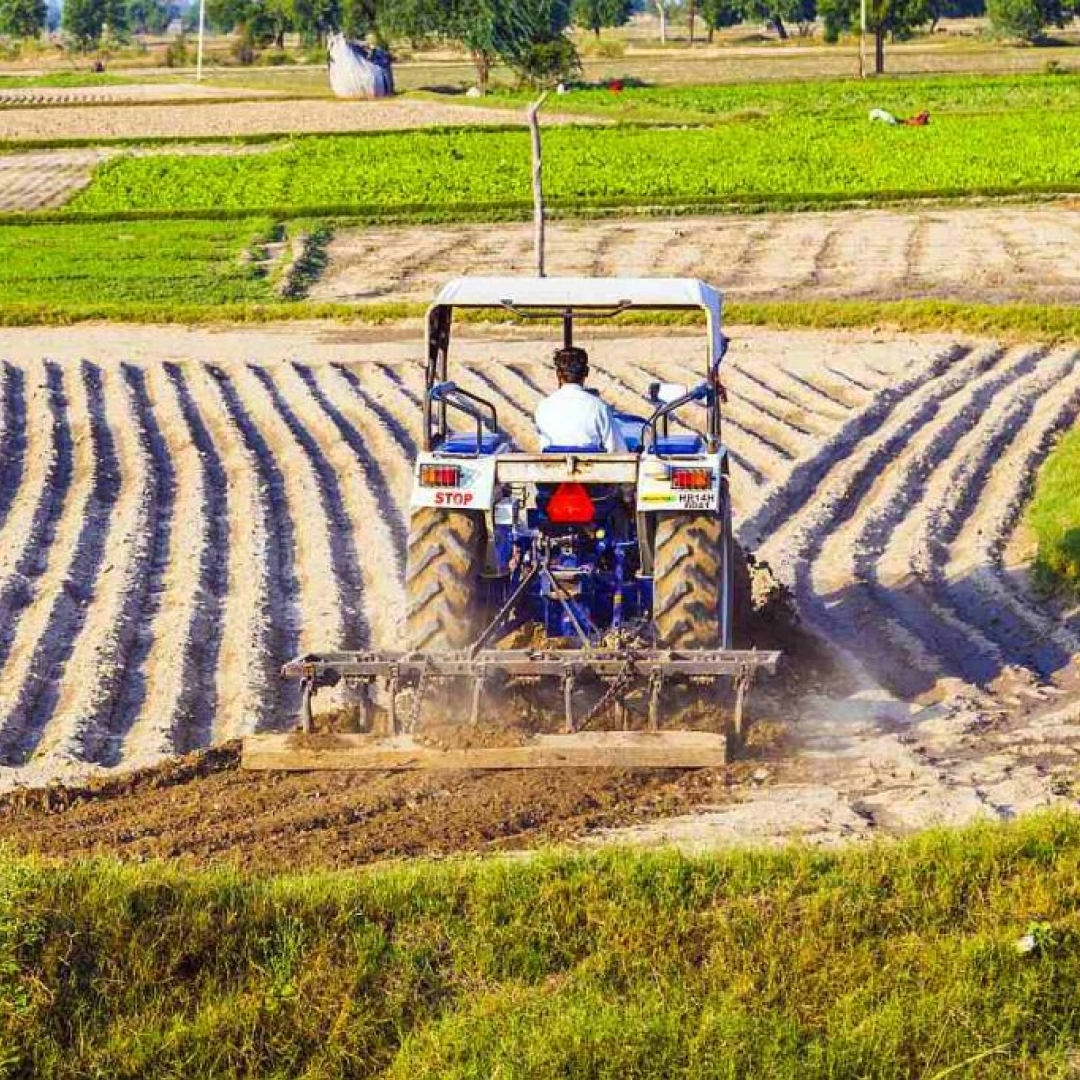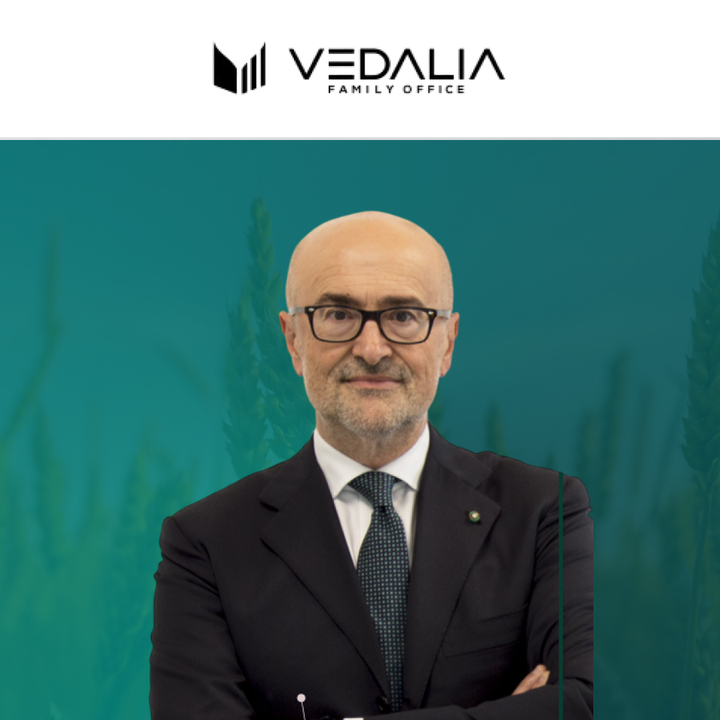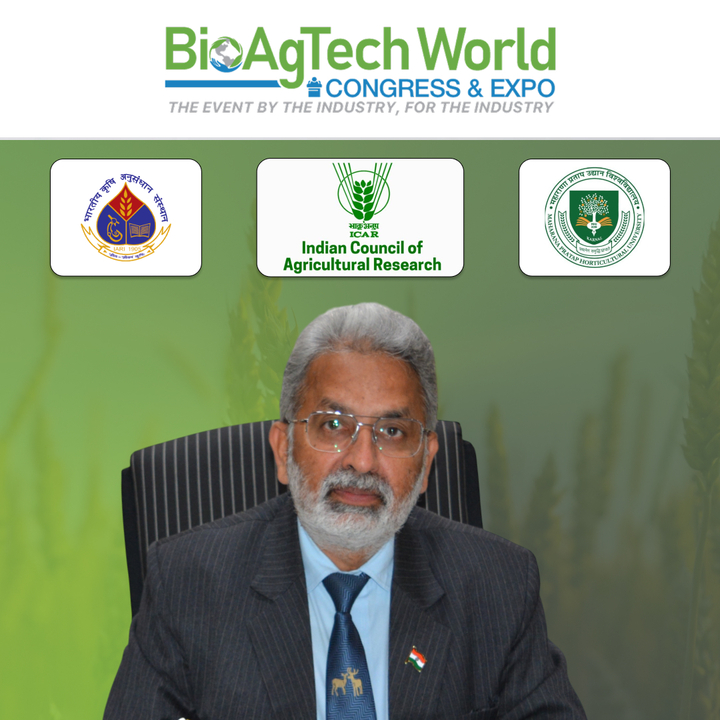
In agriculture, we often talk about balancing productivity with sustainability. As the pressures of climate change, biodiversity loss, and rising consumer demand for eco-friendly solutions mount, this balance is no longer optional – it is essential. Biological crop protection, a more natural and innovative approach to managing pests, diseases, and crop stress, offers a transformative opportunity to reimagine how we grow food.
The future of agriculture will not be defined solely by maximizing yields; it will also hinge on minimizing environmental impact and building resilience in our food systems. To achieve this, biological crop protection is not just a tool – it is the foundation of a sustainable agricultural future.
The Potential of Biological Crop Protection
The biologicals market is expanding rapidly, with annual growth rates exceeding 14 percent. From microbial solutions targeting specific pests to biostimulants enhancing plant resilience, companies across the globe are investing in the next wave of agricultural innovation. Recent success stories, such as microbial seed treatments that boost crop yields in arid regions, illustrate how biologicals can address complex challenges.
However, realizing the full potential of biological crop protection requires overcoming persistent hurdles, including concerns about consistency, scalability, and farmer adoption. The key is to address these barriers through innovation, collaboration, and strategic investment.
Challenges to Overcome
Adopting biologicals at scale is not without its challenges. For growers, consistency and reliability are paramount. Unlike synthetic chemicals, biological solutions are often sensitive to environmental conditions, application methods, and storage. Growers need reliable and effective biological solutions that do not require large-scale changes in practice, handling, and farm equipment.
Additionally, the regulatory landscape for biologicals can be complex. While safety and efficacy standards must remain high, existing frameworks often treat biologicals like chemicals, slowing innovation. This dissonance underscores the need for tailored regulatory approaches that reflect the unique characteristics of biological solutions.
A Roadmap for the Future
To position biological crop protection as the cornerstone of sustainable agriculture, three key actions are critical:
Accelerate Innovation
The future of biologicals lies in unlocking the full potential of microbial diversity, precision agriculture, and advanced formulations. By leveraging cutting-edge technologies like artificial intelligence, we can design highly targeted and effective biological crop protection solutions. But that doesn’t go far enough. How the biological active ingredient is delivered is also critical in addressing farmers’ concerns and making these solutions scalable. This requires a commitment to ongoing investment in R&D and collaboration between industry and academia.
Foster Collaboration Across the Value Chain
Biological crop protection is not a solo endeavor. Success will require collaboration between growers, manufacturers, distributors, and retailers. Public-private partnerships can help scale pilot programs, while food processors and retailers can incentivize farmers by offering premiums for sustainably grown crops. Building an integrated value chain ensures that biological solutions are supported at every stage, from research to application to market.
Cultivate Market Demand and Awareness
Consumers are increasingly becoming aware of how their food is grown. By raising awareness of the environmental and health benefits of biologicals, we can drive demand for crops produced using sustainable methods. Companies can play a crucial role in telling the success stories of biologicals, from reducing pesticide residues to restoring degraded soils.
The Role of Leadership
As leaders in the agricultural sector, we have a responsibility to champion these changes. This means not only investing in the development of biological solutions but also advocating for the policies and infrastructure needed to support their adoption. It means working with farmers to ensure they have the tools, knowledge, and support to integrate biologicals into their systems effectively and to embrace a long-term vision where innovation and sustainability are not trade-offs but complements.
A Call to Lead
The future of biological crop protection is not just an opportunity; it is an imperative. As an industry, we have the tools, the knowledge, and the growing momentum to scale these solutions and transform agriculture.
However, achieving this vision requires more than innovation. It demands leadership. Leaders across the agricultural ecosystem must advocate for biologicals as a viable, scalable, and profitable path forward. This means investing in science, engaging in collaboration, and building the market dynamics that allow biologicals to thrive.
At Invaio, we believe the biological revolution is not a distant future – it is happening now. Together, we can make biological crop protection the cornerstone of modern agriculture and pave the way for a resilient, productive, and sustainable food system that serves both people and the planet.






